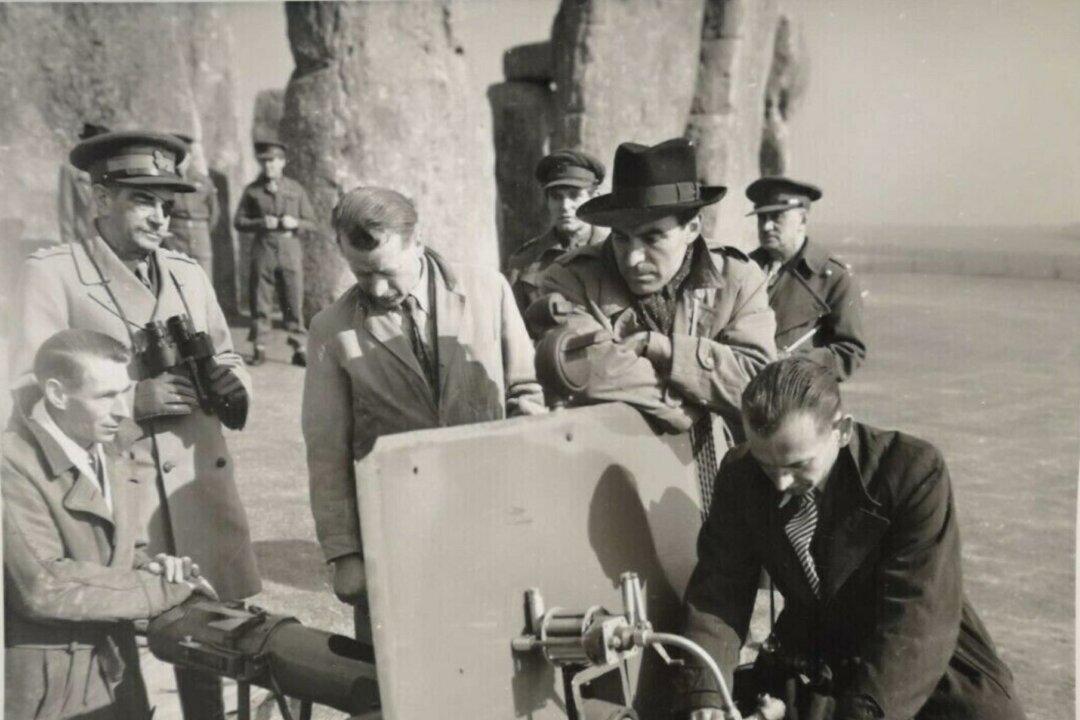NR | 1h 46min | Drama | 1952
Michael Powell once said that his film with fellow writer-director Emeric Pressburger, set in World War II Britain, is about “a dying man who discovers a reason to live.”

NR | 1h 46min | Drama | 1952
Michael Powell once said that his film with fellow writer-director Emeric Pressburger, set in World War II Britain, is about “a dying man who discovers a reason to live.”